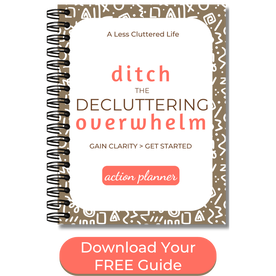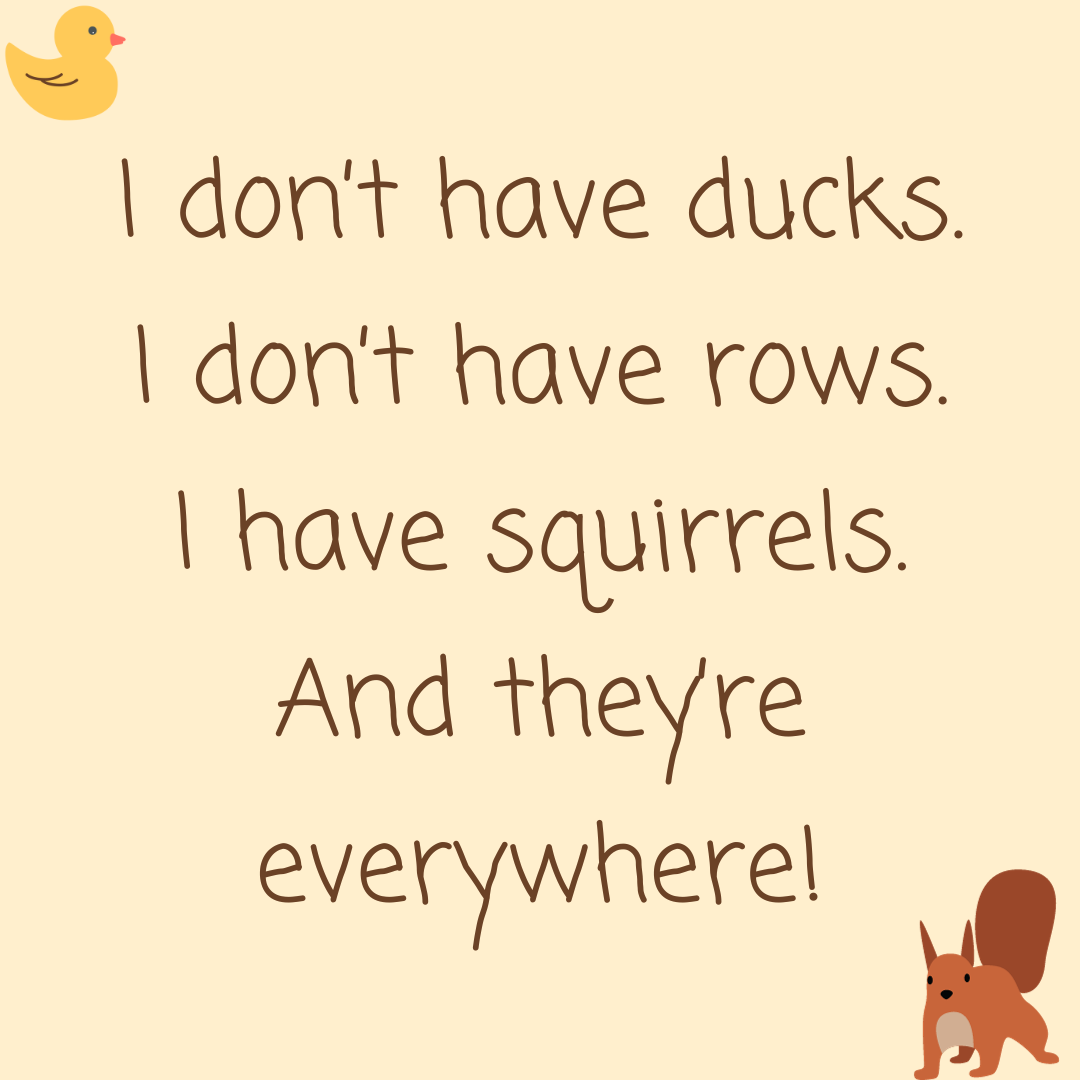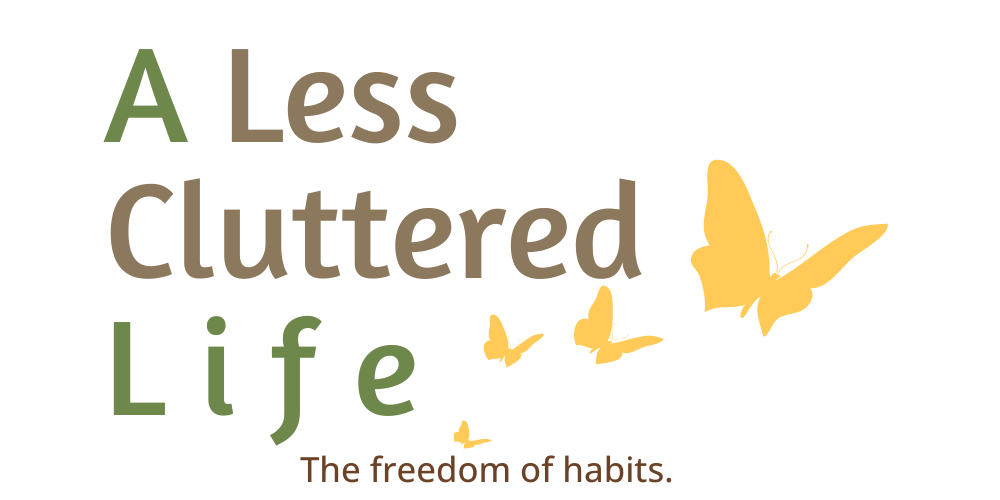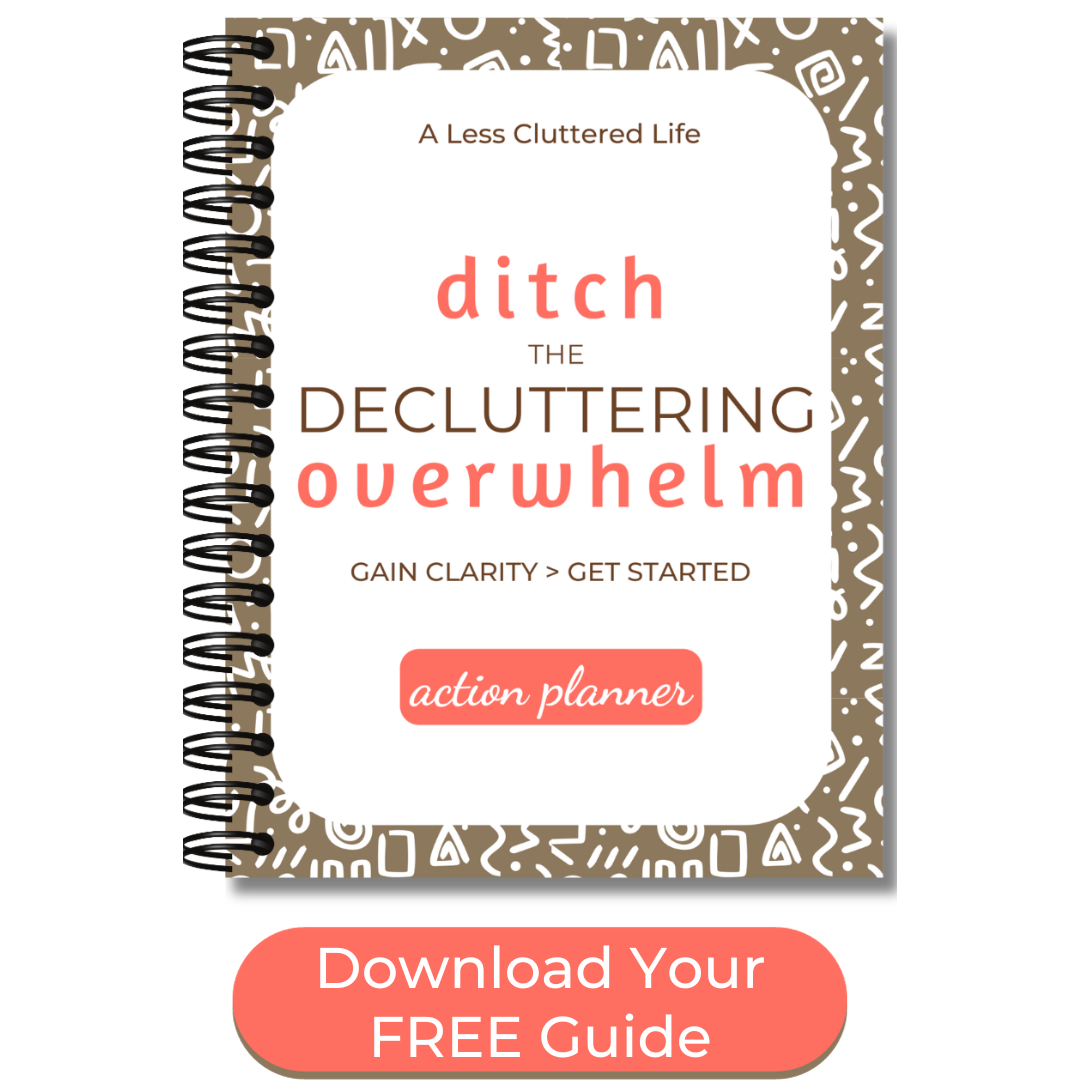|
|
Categories
All
Hi, I'm SusanI'm a former teacher who became a professional organizer (and not because I'm a natural-born neatnik). I live with my husband and fluffy cat on a river in Massachusetts. I crochet, make handmade cards, and love reading young adult novels. Learn more about my decluttering journey here. |
|
Copyright 2024 Susan McCarthy - Susan@ALessClutteredLife.com -
Privacy Policies |
Proudly powered by Weebly



 RSS Feed
RSS Feed


